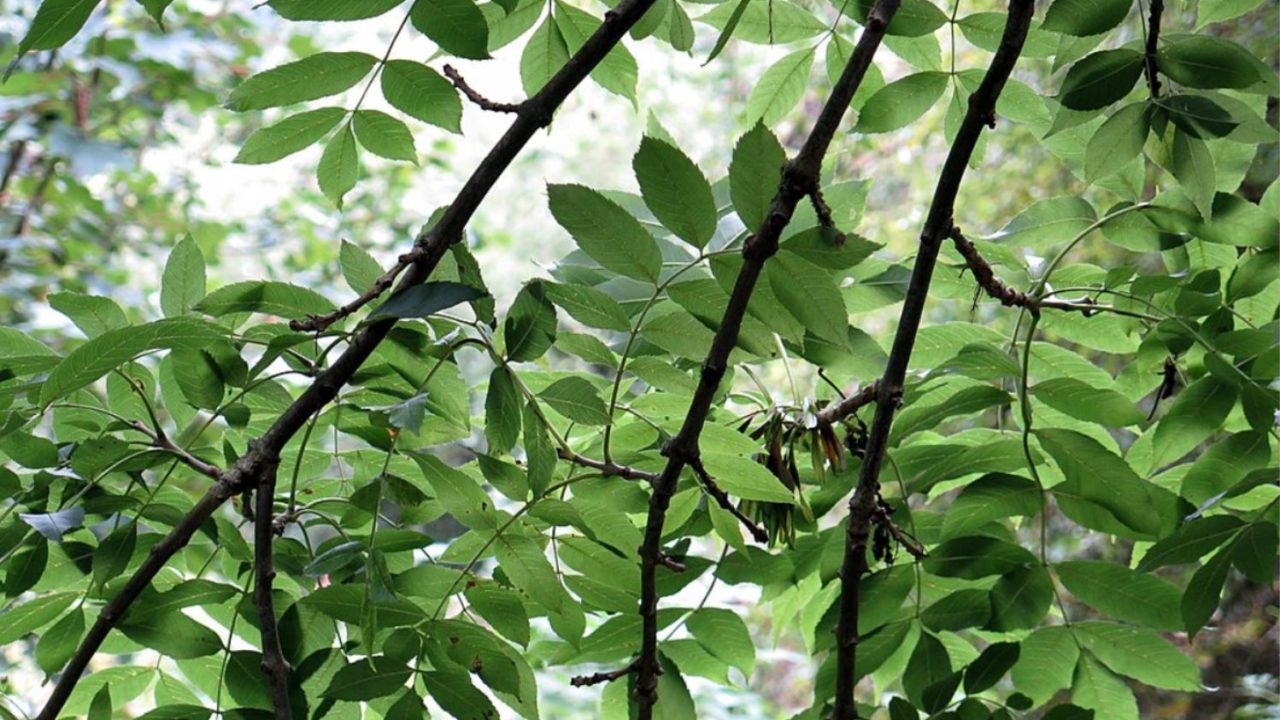The reconstitution and underplanting scheme (RUS) for ash dieback has been extended to all plantations – regardless of age – and potential alternatives to the requirement for planning permission and felling licences are being explored.
Responding to a recent parliamentary question from Tipperary TD, Michael Lowry, Minister for Agriculture, Food and the Marine, Charlie McConalogue said that the scheme has been extended to “take in all plantations regardless of age, where the level of disease present satisfies the criteria”.
“A tree-felling licence is not required as part of an application for the scheme, however, the application will undergo appropriate assessment screening,” he said.
Originally, categories of plantations eligible for RUS were based on a number of criteria around height, diameter at breast height, and age.
To date, the Department of Agriculture, Food and the Marine has received 410 applications for 1,608ha, with decisions made on 128 of those, accounting for for 434ha.
Of the outstanding applications, while all have not yet been assessed, the minister said that approximately 100 are currently delayed due to the requirement for planning permission for the replacement of broadleaf high forest, in this case ash, with conifer species.
“I know this poses difficulties for landowners wishing to replace their diseased ash plantation and my officials have been in contact with their counterparts in Department of Housing, Local Government and Heritage on the issue.
He said they are exploring potential alternatives to the current system that requires both planning permission and a felling licence, or exemption from a felling licence.
He said an update on this will happen in due course.
In March 2013 the DAFM introduced a reconstitution scheme to restore plantations established under the afforestation scheme which had suffered from, or which were associated with plants affected by disease. This was reintroduced in 2020 and in excess of €7 million has been paid out under the scheme so far.
Recently, Fianna Fáil TD, Jackie Cahill called on the government to enhance the current RUS and provide grants to allow sites to be cleared of these diseased trees.
“Fair compensation must be provided to the owners of ash tree plantations affected by ash dieback, and people who choose to replant their plantations should then be allowed to receive premiums for those plantations in future,” he said.
Deputy Lowry said that there is serious concern now about the survival of the ash tree, due to the devastating impact of ash dieback.
“The disease is now prevalent countrywide and is likely to cause the death of most ash trees over the next two decades,” he said.
He said Teagasc is currently carrying out research to establish a gene bank composed of genotypes of ash tolerant to the disease, aimed at producing planting stock for forests and hedgerows.
